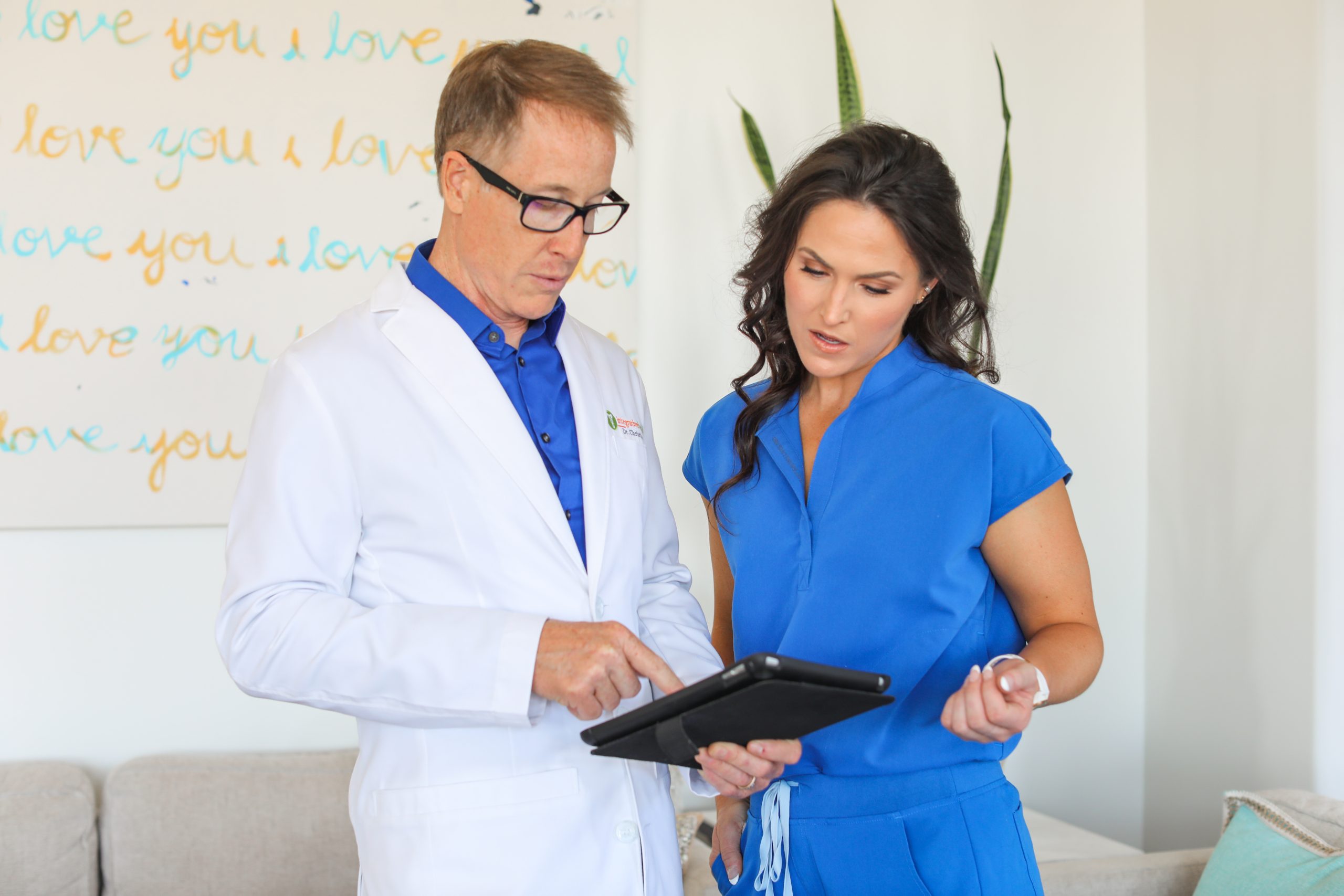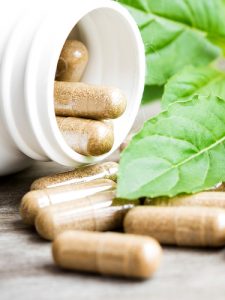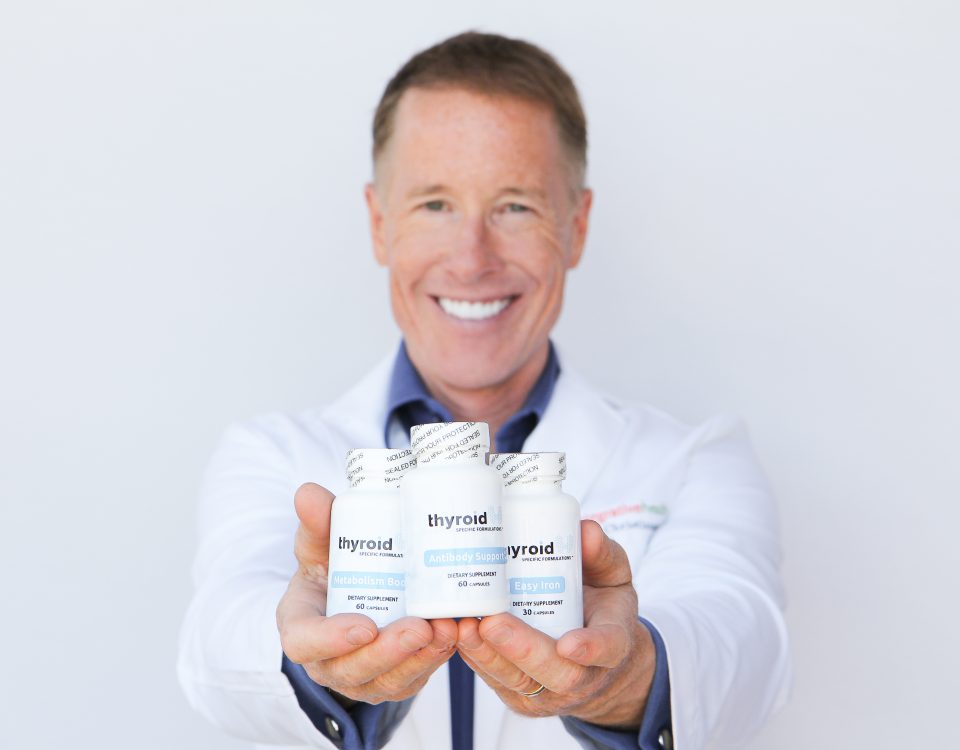[1] Tusek DL, Church JM, Strong SA, Grass JA, Fazio VW, “Guided imagery: a significant advance in the care of patients undergoing elective colorectal surgery,” NCBI, 1997 Feb;40(2):172-8, https://www.ncbi.nlm.nih.gov/pubmed/9075752.
[2] Ibid
[3] Walch JM, Rabin BS, Day R, Williams JN, Choi K, Kang JD, “The effect of sunlight on postoperative analgesic medication use: a prospective study of patients undergoing spinal surgery,” Psychosom Med, 2005 Jan-Feb;67(1):156-63, https://www.ncbi.nlm.nih.gov/pubmed/15673638.
[4] Hohmann E, Tetsworth K, Hohmann S, Bryant AL, “Anabolic steroids after total knee
arthroplasty. A double blinded prospective pilotstudy,” J Orthop Surg Res, 2010 Dec 15;5:93. doi: 10.1186/1749-799X-5-93.
[5] Ashcroft GS, Mills SJ, “Androgen receptor-mediated inhibition of cutaneous wound healing,” J Clin Invest, 2002 Sep;110(5):615-24, https://www.ncbi.nlm.nih.gov/pubmed/12208862.
[6] Okada A, Takagi Y, Nezu R, Lee S, “Zinc in clinical surgery–a research review,” Jpn J Surg, 1990 Nov;20(6):635-44, https://www.ncbi.nlm.nih.gov/pubmed/2128093.
[7] Sadeghpour A, Alizadehasl A, Kyavar M, Sadeghi T, Moludi J, Gholizadeh F, Totonchi Z, Ghadrdoost B, “Impact of vitamin C supplementation on post-cardiac surgery ICU and hospital length of stay,” Anesth Pain Med, 2015 Feb 19;5(1):e25337. doi: 10.5812/aapm.25337. eCollection 2015.
[8] Reddy KK, Grossman L, Rogers GS, “Common complementary and alternative therapies with potential use in dermatologic surgery: risks and benefits,” J Am Acad Dermatol, 2013 Apr;68(4):e127-35. doi: 10.1016/j.jaad.2011.06.030. Epub 2011 Sep 3.
[9] https://www.ncbi.nlm.nih.gov/pubmed/21083585
[10] Reza Bavarsad Shahripour, Mark R Harrigan, and Andrei V Alexandrov, “N-acetylcysteine (NAC) in neurological disorders: mechanisms of action and therapeutic opportunities,” Brain Behav, 2014 Mar; 4(2): 108–122. doi: 10.1002/brb3.208.
[11] Saitoh T, Satoh H, Nobuhara M, Machii M, Tanaka T, Ohtani H, Saotome M, Urushida T, Katoh H, Hayashi H, “Intravenous glutathione prevents renal oxidative stress after coronary angiography more effectively than oral N-acetylcysteine,” Heart Vessels, 2011 Sep;26(5):465-72. doi: 10.1007/s00380-010-0078-0.
[12] Hemmati AA, Foroozan M, Houshmand G, Moosavi ZB, Bahadoram M, Maram NS, “The topical effect of grape seed extract 2% cream on surgery wound healing,” Glob J Health Sci, 2014 Oct 29;7(3):52-8. doi: 10.5539/gjhs.v7n3p52.
[13] Sandini M, Nespoli L, Oldani M, Bernasconi DP, Gianotti L, “Effect of glutamine dipeptide supplementation on primary outcomes for elective major surgery: systematic review and meta-analysis,” Nutrients, 2015 Jan 9;7(1):481-99. doi: 10.3390/nu7010481.













